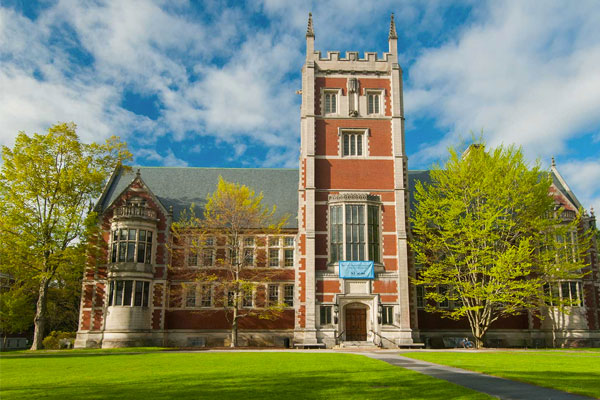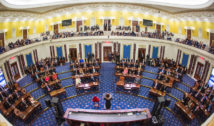
Christian College Clubs Face Scrutiny for Wanting Christian Leaders
- By Alison Lesley --
- 18 Jun 2014 --

College clubs centered on religions are being accused of discrimination for excluding non-believers from leadership roles.
Over the last ten years there have been a variety of cases on campuses where religiously focused college clubs have caused controversy for their exclusion of non-religious individuals as well as those who do not share their beliefs. There have been notable cases which have each had the same initial result: the un-recognizing of the campus religious community as well as a loss of privileges. However, through court cases many of these groups have attempted to reestablish their groups with full rights to outline their membership requirements.
Bowdoin College And Other Controversies
In what has become a familiar scene across many college campuses, Bowdoin College’s evangelical Christian Fellowship has had its recognition status with the college revoked. This came after a student complained that they were not allowed to lead the group because the individual did not share the fellowship’s religious beliefs. A similar issue confronts the California State Universities, whose governing board declared that all college clubs must allow all members or they would lose their status as recognized with the university. These are only two of the most prominent cases, but there are many others.
The University Argument
The main argument that the individuals who seek to participate in the evangelical college clubs without being religious is that every club should support full membership of individuals no matter their beliefs. Individuals who are not religious or have differing religious views would like to have their opinions recognized by the clubs in order to make them more well-rounded and welcoming. Since there are many clubs that are not accepting of openly gay students, researching the club policies has become very important for universities.
The Clubs’ Argument
The religiously focused college clubs feel as though they have been taken by surprise by the individuals who had not held an interest before, but have now wanted to become a member of the club. It appears that many of the people that wish to join do not do so because they want to be members, but just to make sure that they can. This has appalled some Christian leaders of the clubs because they feel that in order to be a member of the college clubs – much less a leader within them – the individuals should at least express some interest in their ideals. The Christian groups feel that the leaders should know, embrace, and understand the message of God before they become assume their roles; a requisite that the individuals in the lawsuits fail to meet. The controversy has often been likened to having a vegetarian attempt to become the head of a meat-packing company: there is a definitive conflict of interest.
It is likely that this policy issue will evolve again and again into a legal issue as more universities pressure religious groups to accept members who are not in line with their ideals, and the religious groups push back for their form of exclusivity.


















